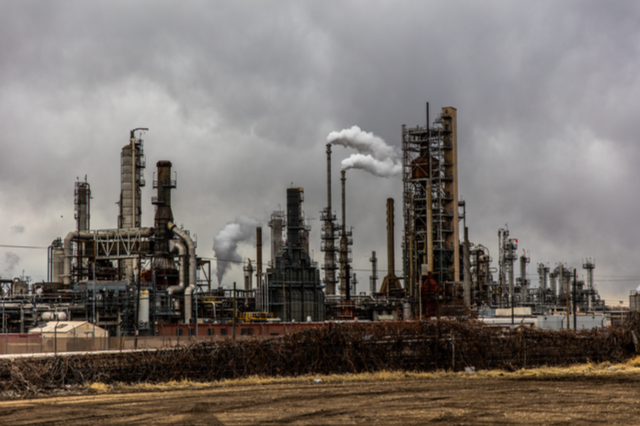Berlin – German industrial production rose surprisingly in September, official figures published Monday showed, despite concerns the economy was slipping towards recession amid soaring energy costs.
Output increased 0.6 percent in September on the previous month, according to preliminary data from federal statistics agency Destatis.
Revised figures showed that output figures fell by 1.2 percent in August on a month, more than previously reported.
Despite the rise in September, analysts and officials remain pessimistic about the outlook for the German economy, as Europe’s powerhouse is squeezed by elevated energy costs.
“The mood among companies is still very low and demand is noticeably decreasing,” the economy ministry said in a statement.
ALSO READ | Germany urges Serbia and Kosovo to normalise ties
In energy-intensive industries, such as chemicals or metals, production fell in September by 0.9 percent, according to Destatis.
An “extreme shortage of intermediate products”, resulting from the coronavirus pandemic and the war in Ukraine, also continued to drag on production.
Despite the strong headwinds, German GDP grew in the third quarter from July to September by 0.3 percent.
“Industry didn’t fall off a cliff in the third quarter but stagnated,” said Carsten Brzeski, head of macro at the ING bank.
Recent economic data still suggested a coming recession, Brzeski said, pointing to a steep four-percent drop in industrial orders in September.
“The state of the economy is clearly worse than the third-quarter GDP data suggested,” Brzeski said.
Berlin has signed off on a 200-billion-euro ($199-billion) package to mitigate the impact of painful price rises for household consumers and businesses.
The measures include an energy price cap to come into force next year, which will see the cost for a percentage of typical usage limited to lower-than-market prices.
Follow African Insider on Facebook, Twitter and Instagram
Source: AFP
Picture: Unsplash
For more African news, visit Africaninsider.com


